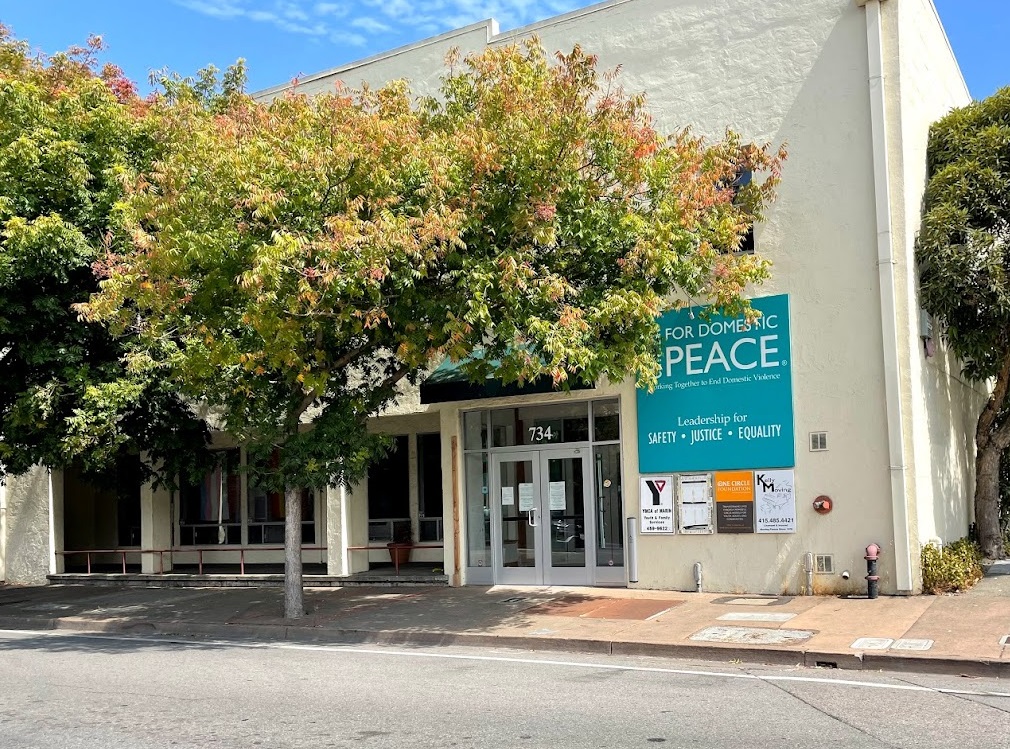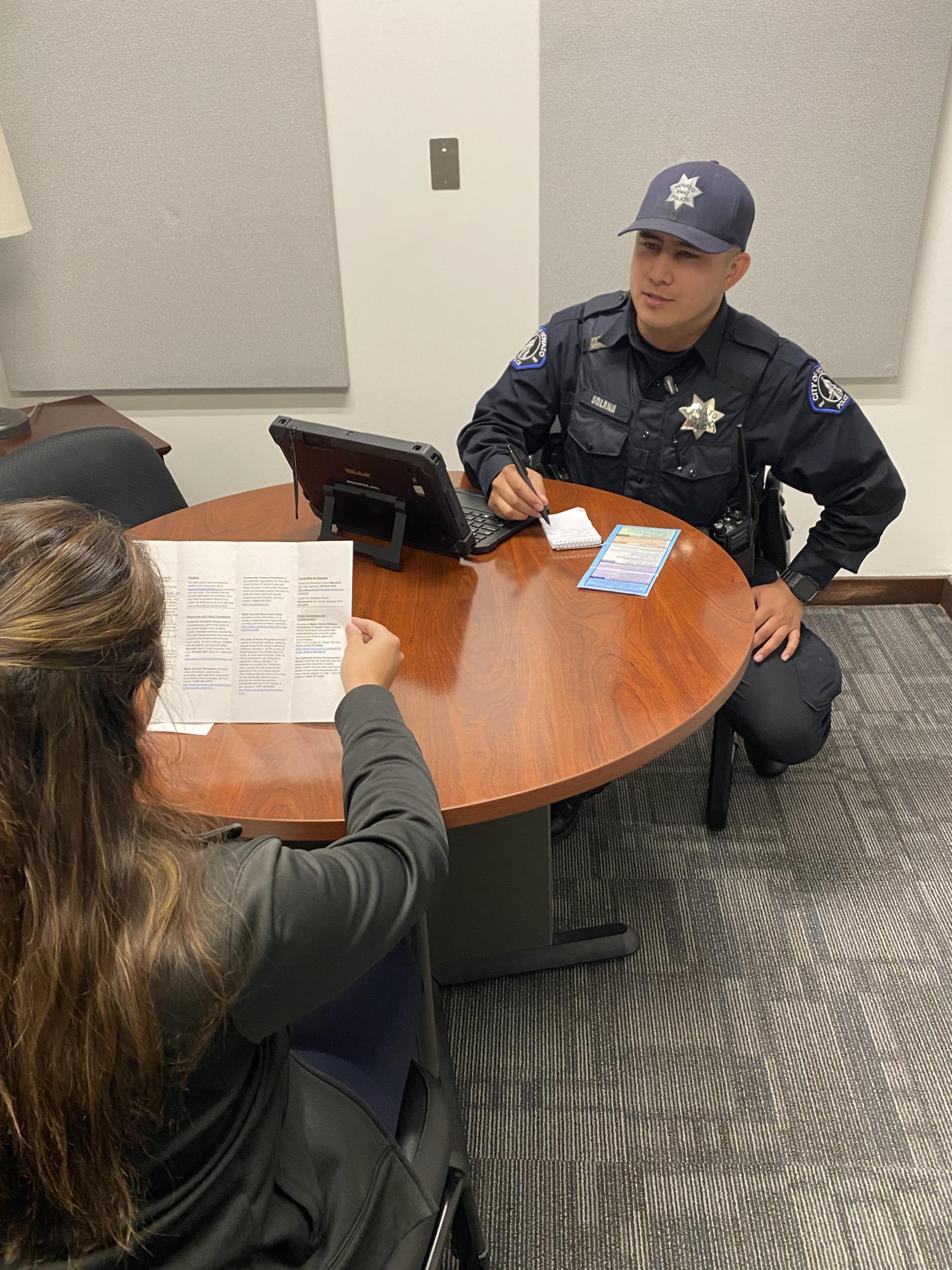The shelter-in-place (SIP) order has had a significant impact on C4DP and those we serve. One unanticipated side effect is that we are well on our way to becoming “Tech-Sperts” or experts in technology as a result. With 55 employees living in 5 different counties, SIP and remote work created new challenges for C4DP around both how to function cohesively and collaboratively, as well as how to respond effectively to the evolving needs of survivors.
Many of our staff, like the survivors we help, now share the burden and stress of working remotely and homeschooling young children. With staff no longer able to walk over to a coworker’s desk to ask a question or get immediate feedback, how could we best support each other? With the intensity and stress of survivors calling for help, what support systems could we implement to rapidly respond to staff needs for support? To that end, while developing new online service delivery methods, we also stepped up our organizational capacity to support staff, such as move our Fun Fridays to Zoom. Fun Fridays engage staff in building community with each other and offer relief from the demanding work we do. Recent topics have included “Thriving-in-Place,” “Celebrating Self,” and “Creature Comforts,” as well as an online yoga session. “My favorite day of the month! I really look forward to these,” stated a hotline advocate.
SIP also illustrated the increased risk to survivors inherent in depending on technology for help – loss of privacy, password insecurity, limited or spotty internet bandwidth, and access to devices being used as a tool by abusers. As Tech-Sperts, C4DP staff continue to guide survivors in creating safety plans that address the risks posed by increased use of technology during SIP orders.
With a workforce now capable of managing meetings on Zoom, C4DP is using this platform to host our batterer intervention classes, train youth and prevention interns, and work with collaborators on trainings and court advocacy; soon we will also offer empowerment and support groups via Zoom. We consider it one huge step forward to be capable of successfully helping survivors navigate this new tech reality.
We are confident that with our training and focus on technology, we are responding professionally and seamlessly in this pandemic to our staff, participants, community collaborators, and donor community while also being mindful to care for ourselves.






